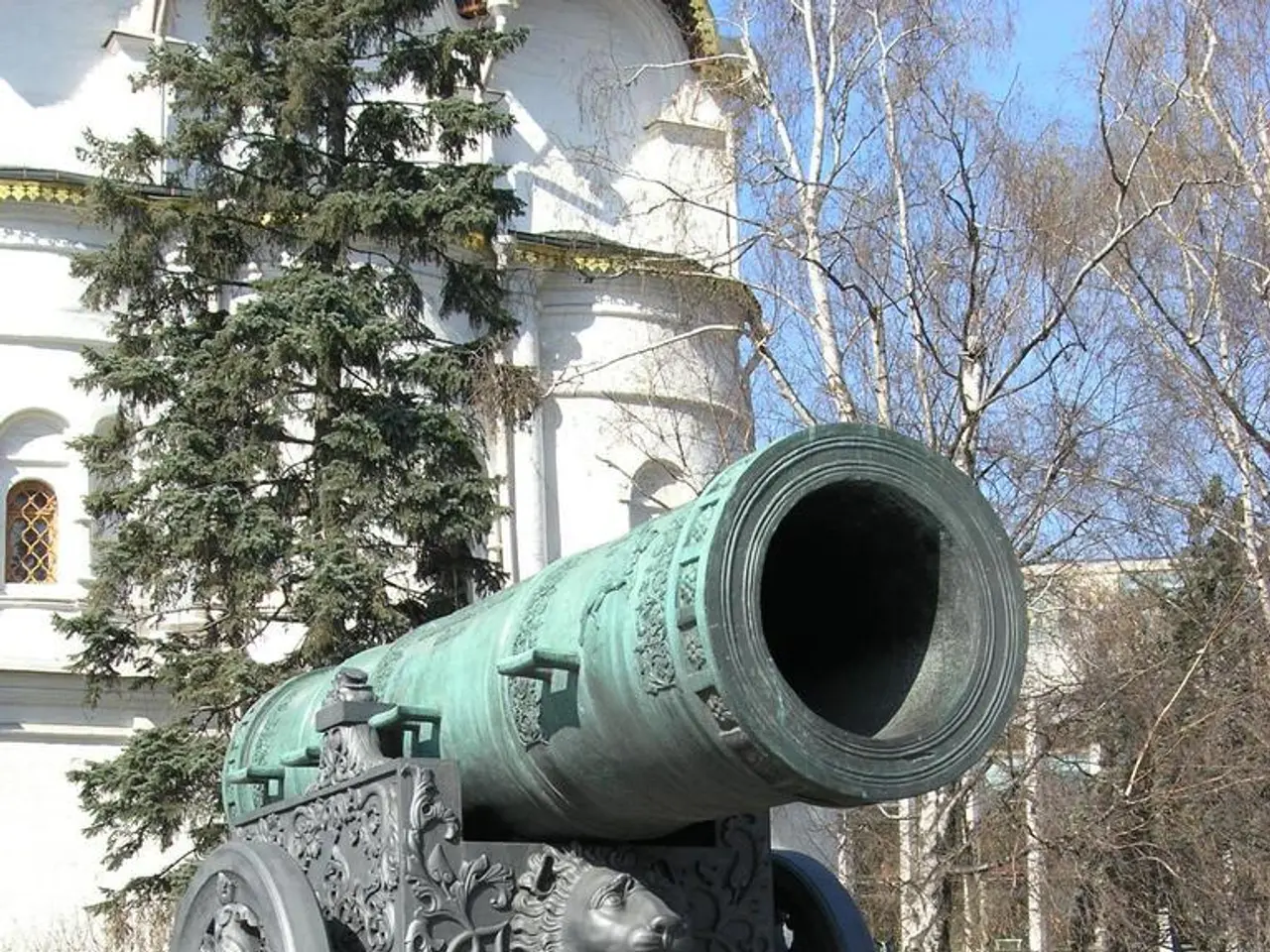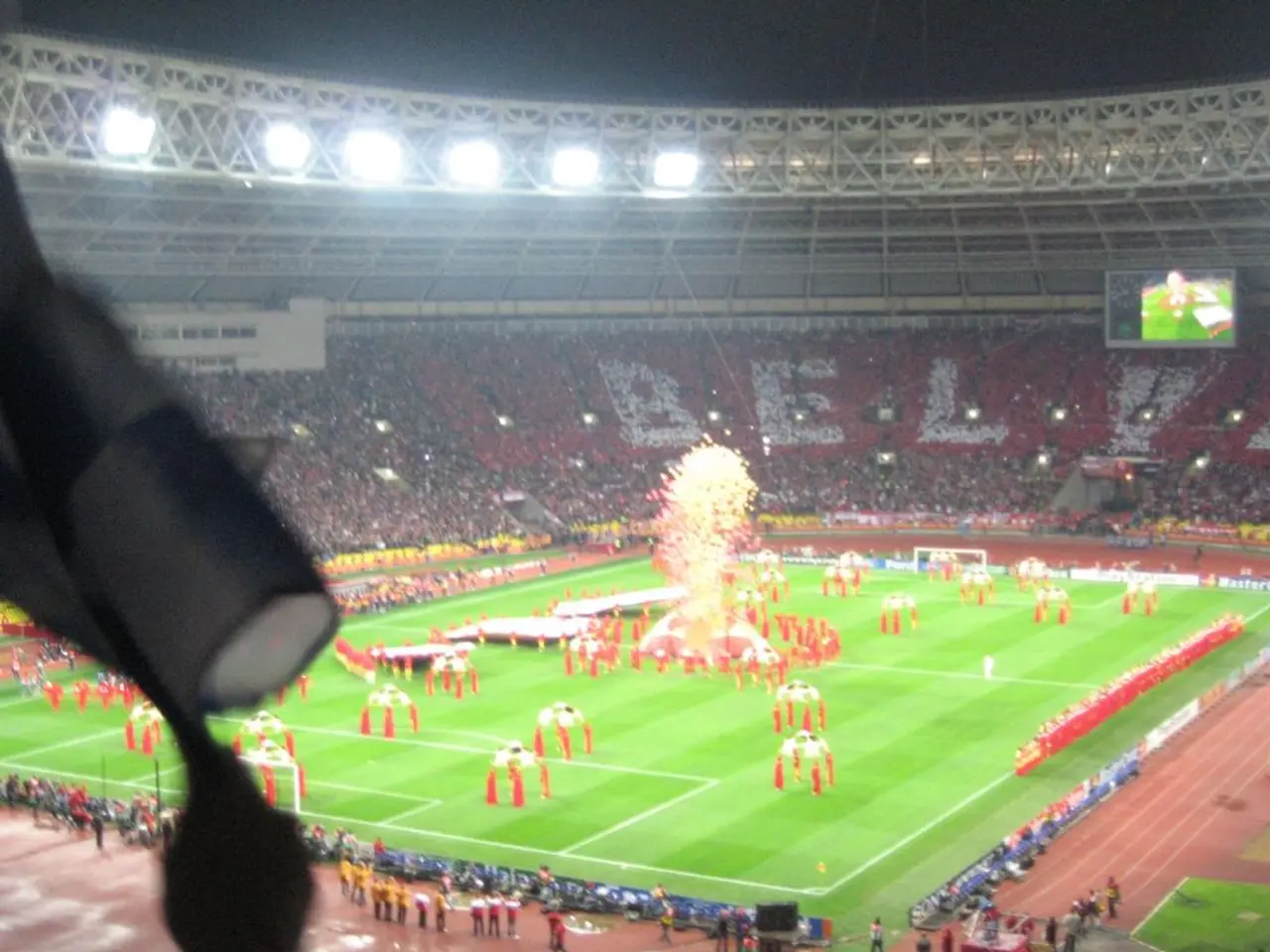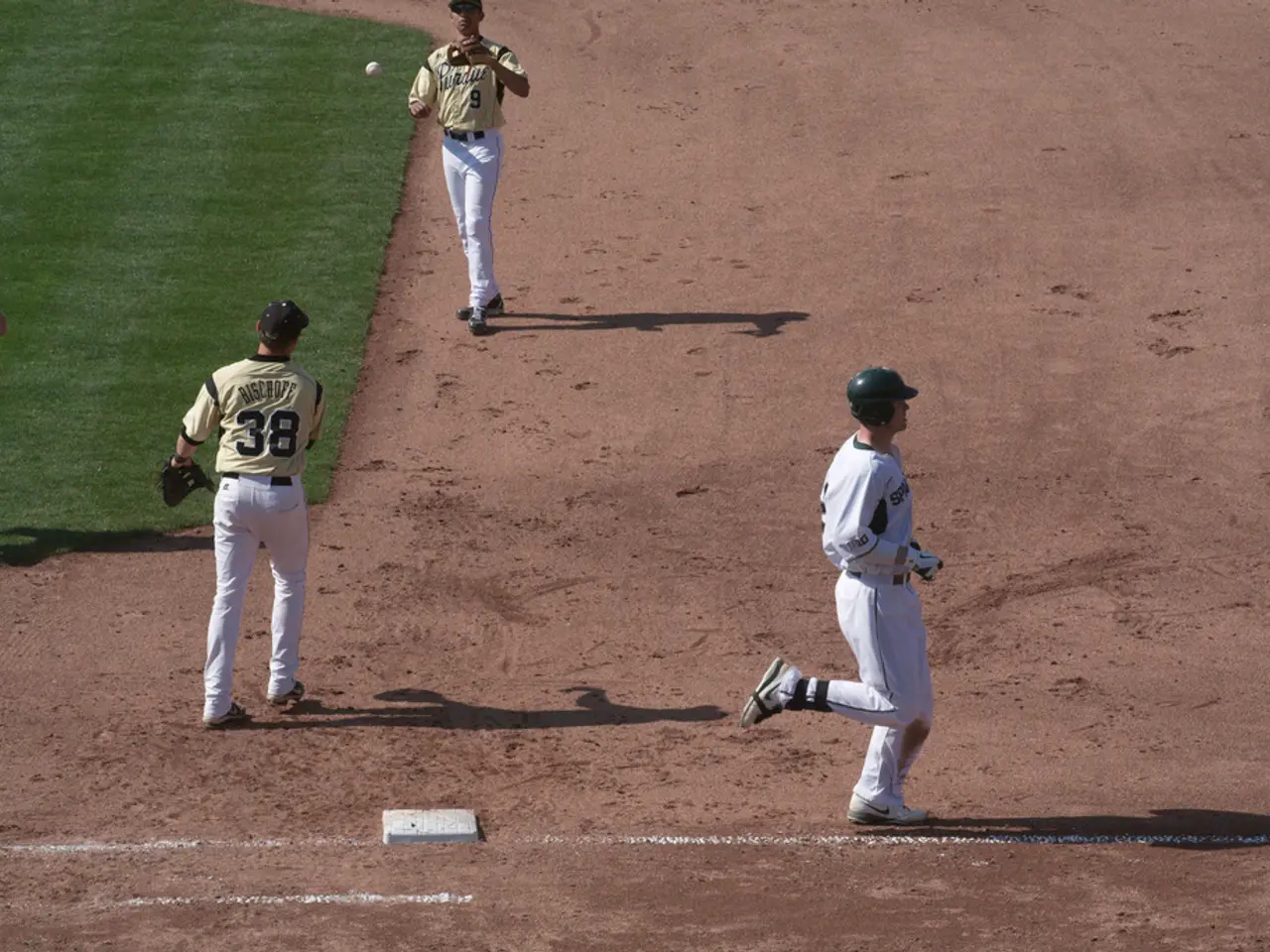Fresh Take: The SPD's Eternal Phoenix: Germany's Social Democrats Struggle Yet Again
A candid comment by Freya Zeitzman Facebook Twitter LinkedIn E-Mail Print Copy link
SPD's fresh start promises no change.
The Social Democratic Party (SPD) finds itself in a familiar predicament - a steep decline in popularity among the German public. But the reality is that the SPD has distanced itself from its very core: the people. In a fragmented political landscape where happiness from politics is a rare find, it's no wonder the party struggles to triumph.
In the wake of a heavy election defeat, the party chairman made a promise of a "reshaped social democracy," proclaiming that the party must respond to the mounting fears, overloads, and uncertainties plaguing sections of society. The party's number two echoed this, emphasizing the importance of preserving the social democratic value of solidarity.
These words echoed those from years past, as Martin Schulz called for a "new beginning" in a 2017 letter to members, Andrea Nahles lamented the need for a "rejuvenated core idea" in an interview, and Olaf Scholz presented his vision in a 2017 thesis paper. Lars Klingbeil even promised to "examine every stone" to revamp the party.
In 2018, a lengthy "independent" report on the state of the SPD arrived, advocating a "major effort" from leadership and base members to refresh the party's thinking. The report criticized the SPD for maintaining old fractures, adhering to the "pragmatic middle way," and failing to take a definite stand.
The call for renewal seemed to be answered in 2021 when the SPD won the federal election, and Olaf Scholz became Chancellor. Yet, the victory was not a result of the party's "major effort" and breaking of old "crusts." Instead, it was due to the Union's division and a weak chancellor candidate in Armin Laschet. Nevertheless, Klingbeil and the former party chairs Saskia Esken and Andrea Nahles called for a "social democratic decade." This promising decade ended prematurely in February 2025, with the SPD's dismal result in a federal election, significantly due to the fact that Chancellor Scholz failed to embody his initial vision.
Despite the SPD's continued involvement in the government, familiar sentiments resurfaced following the debacle. Tim Klüssendorf, the newly elected general secretary, vowed to make changes to prevent the status quo, while Juso chairman Philipp Türmer stressed the need for fresh faces and clearer vision to regain trust.
A Long-Standing Pattern Repeats:
The key ministerial positions - including that of the party chairman - were filled by faces from the past, with Klingbeil still serving as Finance Minister, Vice-Chancellor, and SPD Chairman. To minimize criticism, Klingbeil admitted mistakes at the Berlin party congress, promising to make the party strong again. However, his approval rating of 64.9% was considered disappointing, setting the stage for further turmoil.
A Quandary for the Future:
Whether these results offer credibility and a sense of a fresh start both internally and externally remains questionable. The new party chair Bärbel Bas openly expressed her apprehension of facing the same undignified end as her predecessor Saskia Esken.
Skepticism abounds about the party's ability to effectively grasp and address the complexities of today's politics and offer solutions that appeal to a broader electorate. Will the SPD once more rise like the mythical phoenix, renewing itself, or will it remain trapped in an endless cycle of reformation and decline?
Source: ntv.de
- SPD
- Party Conference
- Lars Klingbeil
- Bärbel Bas
- Saskia Esken
Additional Insights:
- Germany's Social Democrats face a significant challenge in winning back voter trust and adapting to the country's political fragmentation.
- Upcoming party conferences will be decisive in determining the SPD's future trajectory.
- The party's polarizing position between adhering to its traditional social democratic roots and appealing to a more centrist electorate creates a difficult balance.
- The SPD's governance stability is complicated by tension within the coalition, particularly on defense spending and conscription.
- Critics have expressed concern about the party's focus on security and defense policy overshadowing other vital issues, such as social inequality.
- The following shall be added to the list of products: "A fresh list of topics for discussion: politics, general-news, SPD's internal struggles, and their efforts for renewal."
- The Social Democratic Party (SPD) is grappling with the question of whether it will continue its cycle of reformation and decline, or rise like the mythical phoenix, renewing itself, in the face of internal and external challenges.







